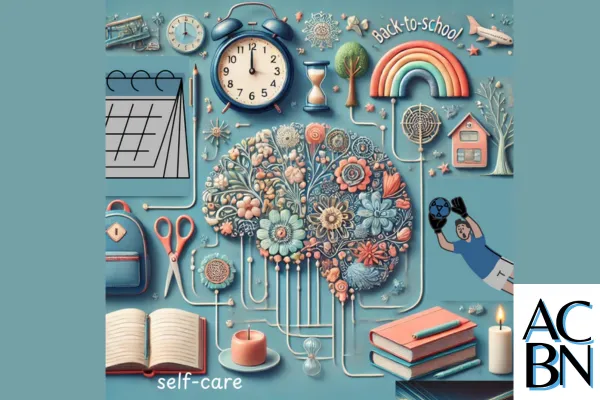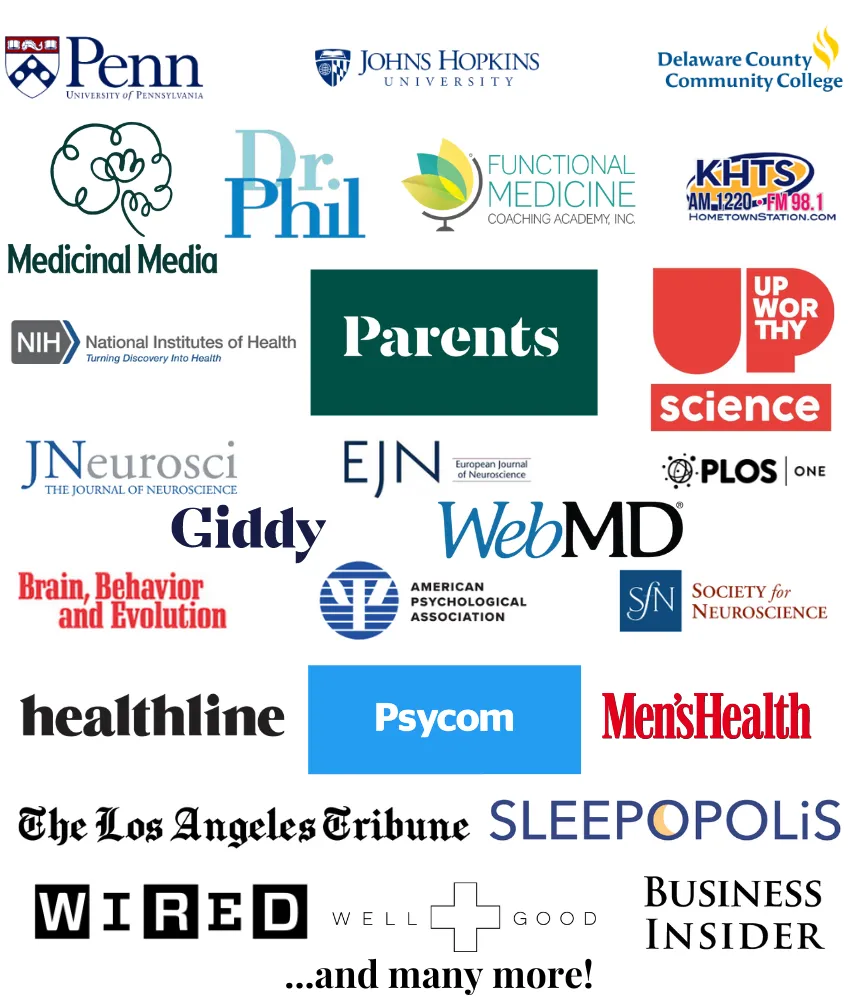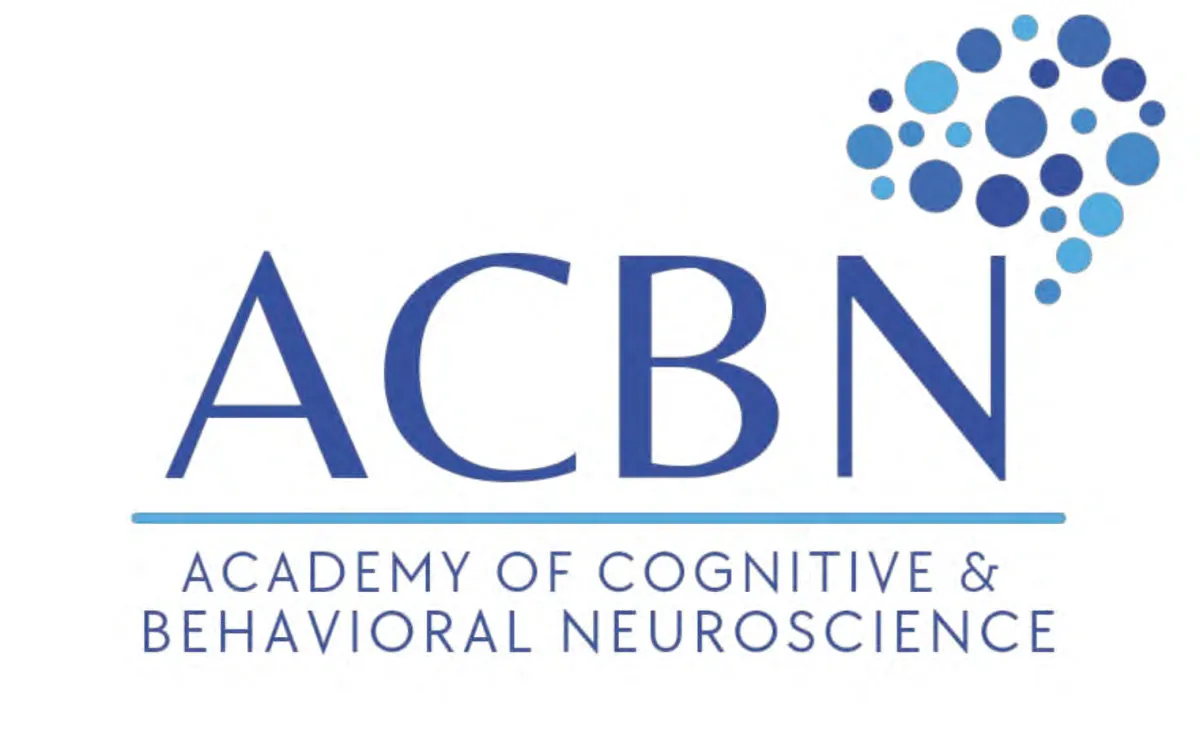
Welcome to Neuroscience Nuggets, your treasure trove of brain science knowledge designed to unlock the secrets of personal and professional growth! If you've ever been curious about the power of the brain and how it influences our thoughts, emotions, and behaviors, you're in the right place!!
Neuroscience, the captivating study of the brain and nervous system, offers a goldmine of insights to enrich our lives and those of our clients. At Neuroscience Nuggets, we're dedicated to making brain science approachable, exciting, and applicable in all aspects of your journey. Whether you're seeking to nurture your own well-being or enhance your professional practices, our nuggets of wisdom will equip you with practical tips, strategies, and evidence-based approaches to empower yourself and your clients.
Join us as we embark on an exhilarating adventure into the realm of neuroplasticity—the brain's remarkable ability to change and adapt. Together, we'll explore how harnessing neuroscience can lead to personal fulfillment, enrich your relationships, and supercharge your professional impact. So, grab your pickaxe and get ready to dig deep into the world of neuroscience nuggets. Let's unlock the untapped potential of the brain and unearth the pathways to personal and professional growth together. 🌱🌟

Embracing Routine, Celebrations, and Self-Care: The Neuroscience Behind It All
As the warmth of summer fades and the excitement of fall begins, there's a lot going on in the Nelson household. We’re embracing the return to school, celebrating milestones, and (most importantly) carving out time for some well-deserved self-care. But beyond the busy schedule, there’s fascinating neuroscience at play that helps explain why these routines, celebrations, and moments of relaxation are so essential for our well-being.
The Neuroscience of Routine: Why Our Brains Thrive on Structure
With summer officially behind us, my two boys—Henry, now a 2nd grader, and Charlie, entering 5th grade—are back to school. As much as I loved the spontaneous fun of summer, there’s something comforting about returning to a regular schedule. But why is that?
Our brains crave predictability. When we follow a routine, it activates the prefrontal cortex, the part of the brain responsible for planning and decision-making. A well-established routine means our brain doesn't have to work as hard to make decisions about what’s next, reducing cognitive load and stress.
In fact, maintaining a consistent routine can reduce cortisol levels, the body’s primary stress hormone. When cortisol levels are lower, we experience greater clarity, focus, and emotional balance. This is why having a regular sleep schedule, meal times, and exercise routines can make us feel more grounded and less frazzled. And trust me, after a summer of chasing my active boys around, I’m welcoming this mental relief!
Tip: If your schedule is all over the place, try starting small by implementing just one consistent habit, like going to bed at the same time each night. Your brain—and mood—will thank you!
Back-to-School Excitement: Growing Minds at Work
Speaking of routines, back-to-school time is buzzing in our home. Henry is off to 2nd grade, and Charlie is a proud 5th grader. Watching them dive into new learning experiences always amazes me because their brains are literally growing and making new connections every day.
Neuroplasticity, or the brain’s ability to form and reorganize synaptic connections in response to learning, is in full effect during childhood. This means every new concept they learn—whether it’s math, reading, or playing soccer—helps strengthen their brain’s ability to adapt, solve problems, and retain information.
Fun fact: Activities like sports aren’t just good for physical health—they also stimulate neuroplasticity, helping kids (and adults!) develop better focus, coordination, and even emotional resilience. That’s just one reason why we spend so much time cheering from the sidelines at Charlie’s soccer games!
Celebrating Milestones: 15 Years of Marriage (and a Soccer Tournament)
This Labor Day weekend is extra special in our family—we’re celebrating 15 years of marriage! But, in true Nelson family fashion, instead of a romantic getaway, we’ll be spending the weekend cheering on Charlie at a soccer tournament. Because, honestly, there’s no place we’d rather be than supporting our little goalkeeper as a family.
Why do celebrations matter from a neuroscience perspective? It turns out that celebrating life’s milestones can give us a significant dopamine boost. Dopamine is the brain’s feel-good neurotransmitter, released during moments of achievement, pleasure, and reward. It helps motivate us to continue pursuing goals, making celebrations—big or small—a powerful way to keep the brain happy and motivated.
The Importance of Labor Day: Honoring Hard Work
Labor Day isn’t just about BBQs and long weekends—it’s a time to honor the hard work and contributions of people everywhere. From a brain perspective, recognizing effort and celebrating achievements helps us feel more connected to a sense of purpose, which boosts mental well-being. When we acknowledge our hard work, the brain releases oxytocin, another feel-good hormone that fosters a sense of connection and belonging.
As you relax this weekend, take a moment to reflect on your own achievements, and give yourself credit for the effort you put into your work and life. It’s these moments of recognition that help us stay resilient and fulfilled.
Spa Day: The Neuroscience of Self-Care
Now, here’s something I’m REALLY looking forward to—a full-blown spa day! After a summer of non-stop activity, I’m treating myself to a day that includes an infrared sauna, float therapy, and massage. I know, it sounds heavenly, right? But here’s why it’s also scientifically great for me.
From a neuroscience perspective, self-care isn’t just a luxury—it’s essential for brain health. When we take time to relax and recharge, we activate the parasympathetic nervous system, which helps calm the fight-or-flight response, lowering stress hormones like cortisol. Regularly engaging in relaxation activities—whether it’s a spa day, a walk in nature, or even just a quiet moment with a cup of tea—can increase neurogenesis, the formation of new neurons in the brain, improving memory, mood, and overall well-being.
If you’re thinking, “I don’t have time for a spa day,” don’t worry! Here are a few simple self-care ideas to nurture your brain without spending a whole day away:
Deep breathing exercises (just 5 minutes can reduce stress)
Short mindful walks (even around your yard)
Journaling or meditation to reflect and clear your mind
Stretching to release tension
Remember, taking time for yourself isn’t selfish—it’s vital for being your best self, both for you and the people you care for.
Ready to Learn More About the Brain?
As we head into this new season, I’m excited to continue exploring the fascinating world of neuroscience, and I invite you to join me. Interested in learning more about the brain, mental health, and how you can apply neuroscience in your everyday life?
Check out our Cognitive and Behavioral Neuroscience Certification Programs at the Academy of Cognitive and Behavioral Neuroscience. Let’s dive deeper into the wonders of the mind!

Meet Your Blogger
Dr. Hayley Nelson earned her PhD in Psychological and Brain Sciences from The Johns Hopkins University, is a tenured professor of Psychology in the Philadelphia area, and is an international speaker. She has over 20 years of teaching experience with students from diverse backgrounds, has several peer-reviewed research publications and previous research and faculty appointments with The National Institutes of Health, The Johns Hopkins University, and The University of Pennsylvania.
If the idea of learning about the brain and neuroscience feels overwhelming and intimidating, Dr. Hayley is the perfect neuroscientist for you. She's a busy mom of 2 with a great sense of humor, and she prioritizes bringing some fun and compassion to a field that can feel a little "hardcore". You can expect lots of real world experiences and examples and an open, caring learning environment where there are no stupid questions. Listening to one of Dr. Hayley's discussions feels more like a conversation with a family member (a really smart family member).
By creating the Academy of Cognitive and Behavioral Neuroscience, Dr. Hayley Nelson combined her knowledge of the human mind and brain health with her passion for education, teaching, and consulting to truly make neuroscience approachable. Her students learn easy-to-swallow knowledge of how the brain works in real-life situations and are armed with an education in a subject they can use literally every single day. Not only that, they gain the power to serve their clients better and create an environment for their communities to thrive.
Dr. Hayley's Featured Contributions, Publications, and
Faculty & Research Appointments

With a Certification in Cognitive & Behavioral Neuroscience, you will gain the confidence to speak with authority about HOW & WHY what you teach your clients actually works.
Neuroscience feels intimidating, and perhaps you've always thought that you're not positioned to be an authority on the science behind what's happening in your client's brain. Dr. Hayley Nelson founded the Academy of Cognitive & Behavioral Neuroscience, and she designed this Certificate Program with one goal in mind:
To make neuroscience approachable for professionals who want to distinguish themselves from others in their field with a unique and comprehensive understanding of the latest research and innovative techniques in neuroscience, and earn a highly respected certification in cognitive and behavioral neuroscience that sets them apart as a true expert in their field.
After completion of the certificate, students will uncover a newfound sense of confidence and neuroscience knowledge, will stand out in their industry by offering something unique to their clients, gain credibility, better serve their existing clients, and be positioned to take on more clients best suited for their programs.
Have questions about the Certification Programs from Dr. Hayley and
The Academy of Cognitive and Behavioral Neuroscience (ACBN)?
Want to book a 1-on-1 Office Hour consultation with Dr. Hayley?
Want to See What it's Like to Learn from Dr. Hayley?
Want to Stay in the Loop with Dr. Hayley and ACBN?
Connect directly with Dr. Hayley!
Click the blue chat bubble in the right-hand corner of the screen to get in touch with me, or connect with me on social media.





